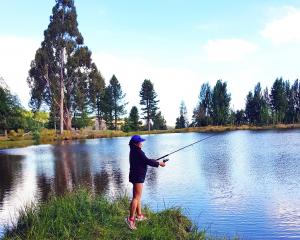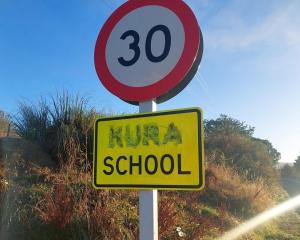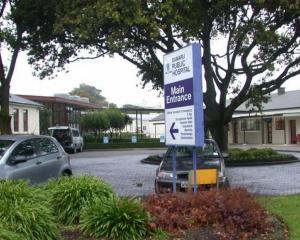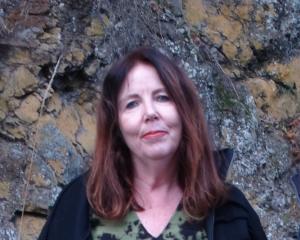Young offenders could learn gardening at a new community garden in Oamaru, with a spin-off being vegetables given to people in need.
Eventually, people who do not have space for vegetable gardens at home could be offered plots to grow their own.
The idea of a combined community garden and learning centre on 4587sq m of vacant land in Chelmer St, near the Oamaru Gardens, has come from Waitaki community safety officer Alison Banks.
She has put the proposal to the owner of the land, the Waitaki District Council, and the council's community services committee will consider the idea tomorrow.
The site is opposite the Waitaki Resource Recovery Trust's centre and the trust would help with the project, along with older people acting as mentors.
Mrs Banks wants the garden to be part of the Community Clean Up project which has operated in the Waitaki district since November 2006.
Young offenders who have committed minor offences - vandalism, tagging, littering or other nuisance crime - are given tasks such as sweeping and water-blasting streets, picking up litter, removing glass, cleaning off graffiti and painting and repairing public property.
Mrs Banks, when contacted, described the gardening project as a way to educate young people while giving something back to the community.
They would help the council's gardens and parks department by growing and planting plants, as well as learning.
Vegetable growing would be part of the project, with produce going to the Oamaru foodbank and people in need.
"We are looking at eventually offering plots to families and older people who want to grow vegetables," she said.
The aim was to create a physical and social environment where the community's skills and experience, particularly those of senior citizens, helped at-risk and disadvantaged youth.
The project would be co-ordinated by the Waitaki Resource Recovery Trust and Mrs Banks.
It would share the resources, expertise and social support of the trust and have links to organisations including police, the courts, community corrections, Child Youth and Family and Work and Income.
The cost would be minimal because of the resources available from the trust.
Other funding would be sought from outside organisations.
The only cost to the council would be making the land, estimated to be worth $500 a year in rental, available.











